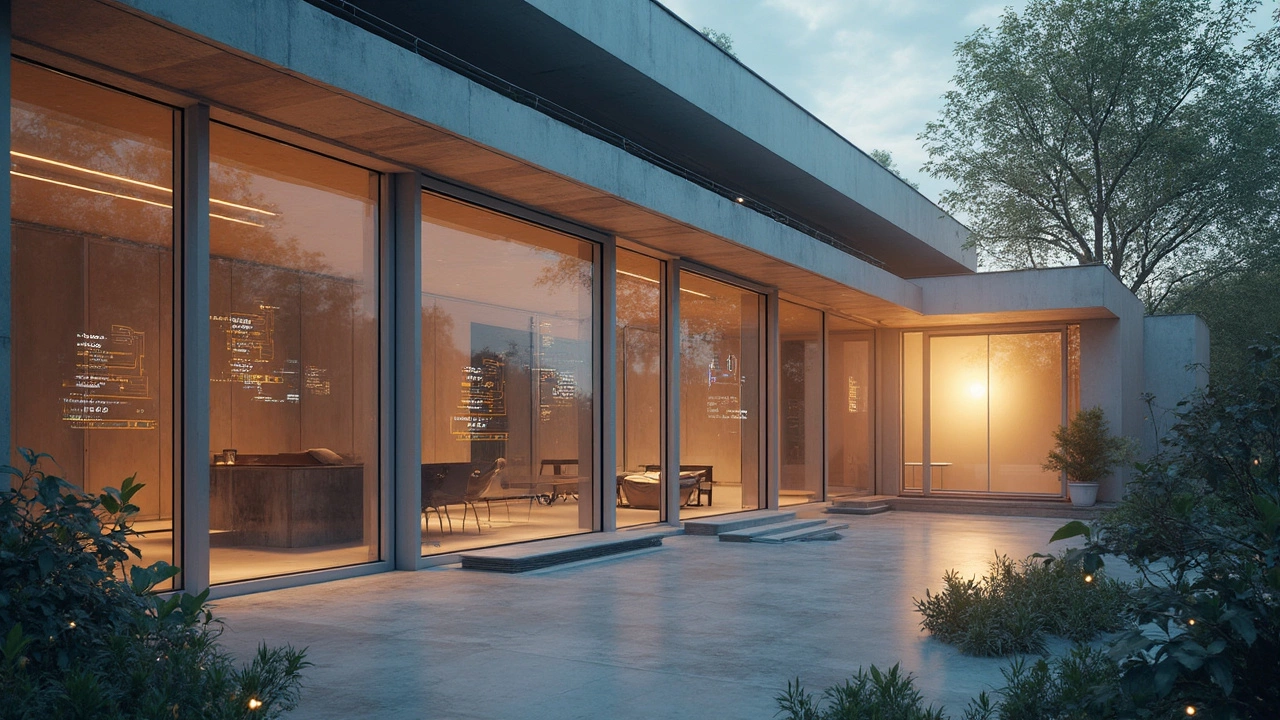Security gadgets feel like a must‑have, but they bring a lot of hidden trouble. Before you click “add to basket,” take a quick look at the real downsides. From privacy slip‑ups to power failures, knowing the risks saves you money and headaches.
It’s easy to point a camera at your front door, but where you place it can break privacy laws. If a lens looks into a neighbour’s garden or a shared hallway, you could be fined or sued. Many people also forget that recordings are stored online—hackers love that data. A weak password or an outdated Wi‑Fi protocol (like WEP) makes it a sitting duck for intruders.
To keep things clean, aim cameras only at your property, use strong, unique passwords, and upgrade to WPA3 if possible. If you need to film a public space, add a clear sign that says “CCTV in operation.” That simple step can stop a lot of legal drama.
Night‑vision cameras sound awesome, but they have limits. Infrared LEDs can only see a certain distance, and heavy rain or fog turns the view into a blurry mess. Buying the most expensive model doesn’t always fix that; you might need extra lighting or a different sensor type.
Power use is another surprise. A typical CCTV system draws about 5‑10 watts per camera. Multiply that by dozens of units and a year of electricity can add up. If the grid goes down, most cameras stop recording unless you’ve added a battery backup or UPS. That’s a big problem for anyone who counts on continuous footage.
False alarms also eat up your wallet. Motion sensors that can’t tell a cat from a burglar trigger endless alerts, which may lead to unnecessary police visits and higher insurance premiums. Choose cameras with pet‑friendly motion zones or adjustable sensitivity.
Finally, remote access on your phone is convenient, but it opens another attack vector. If you rely on a third‑party app, keep it updated, and don’t use the same login for other services. A compromised app can hand over live video to strangers.
Bottom line: security tech works best when you balance protection with realistic expectations. Read the fine print, secure your network, and plan for power outages. That way you get peace of mind without the hidden pitfalls.

Smart homes offer convenience and improved quality of life, but they come with their own set of drawbacks, particularly in terms of security and privacy. This article examines the potential negatives of smart home technology, such as vulnerability to hacking and personal data exposure. Learn about common threats, real-world incidents, and practical ways to enhance your home’s security. Understand the balance needed between embracing technology and protecting personal safety.